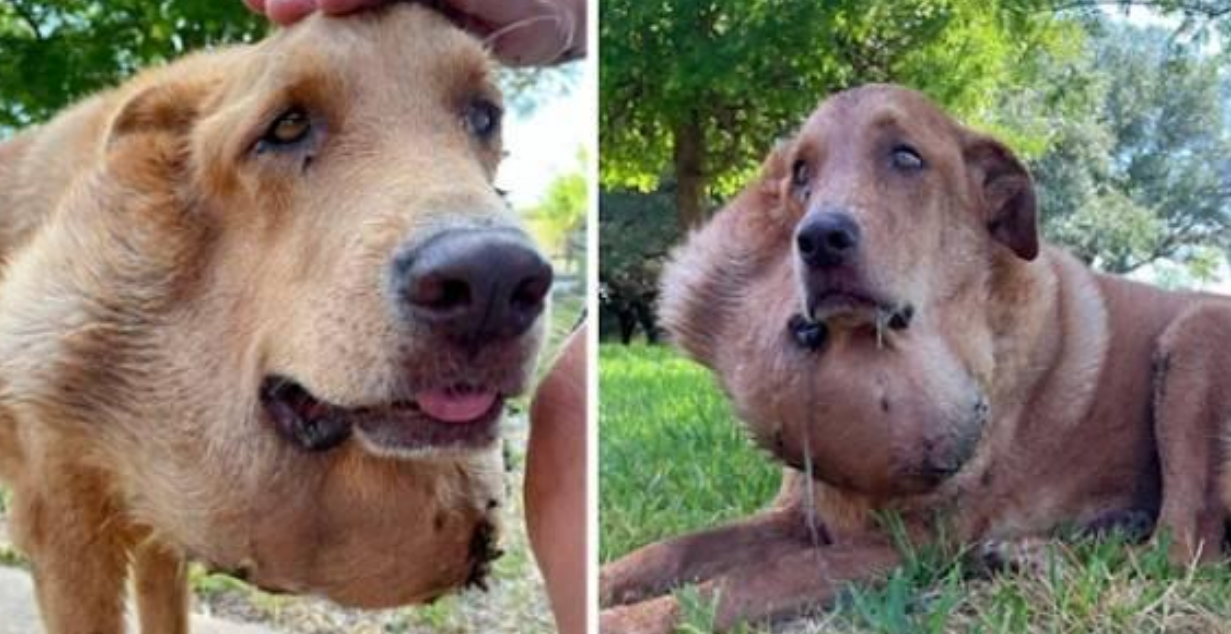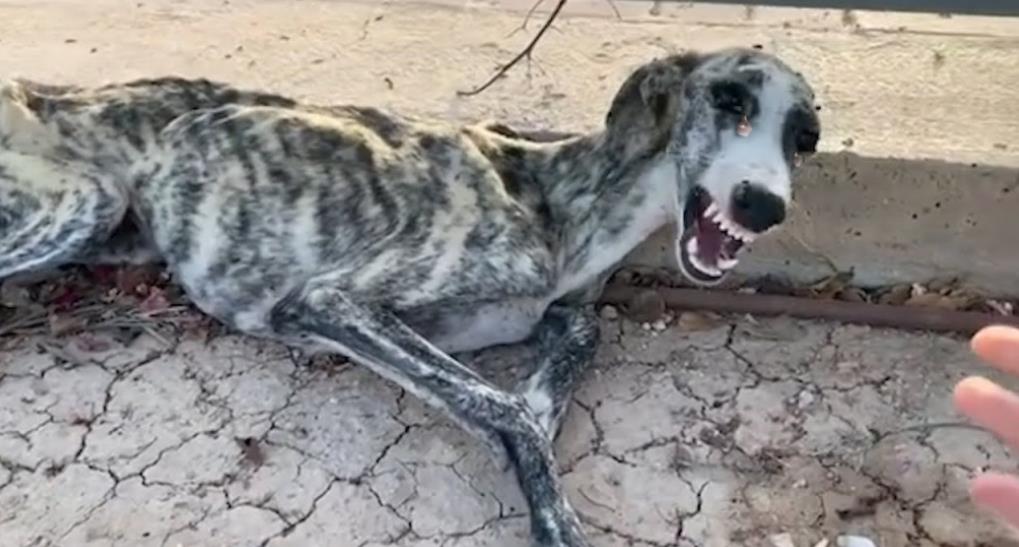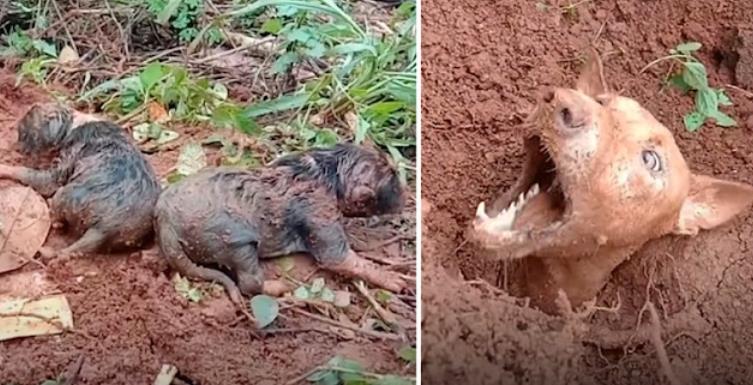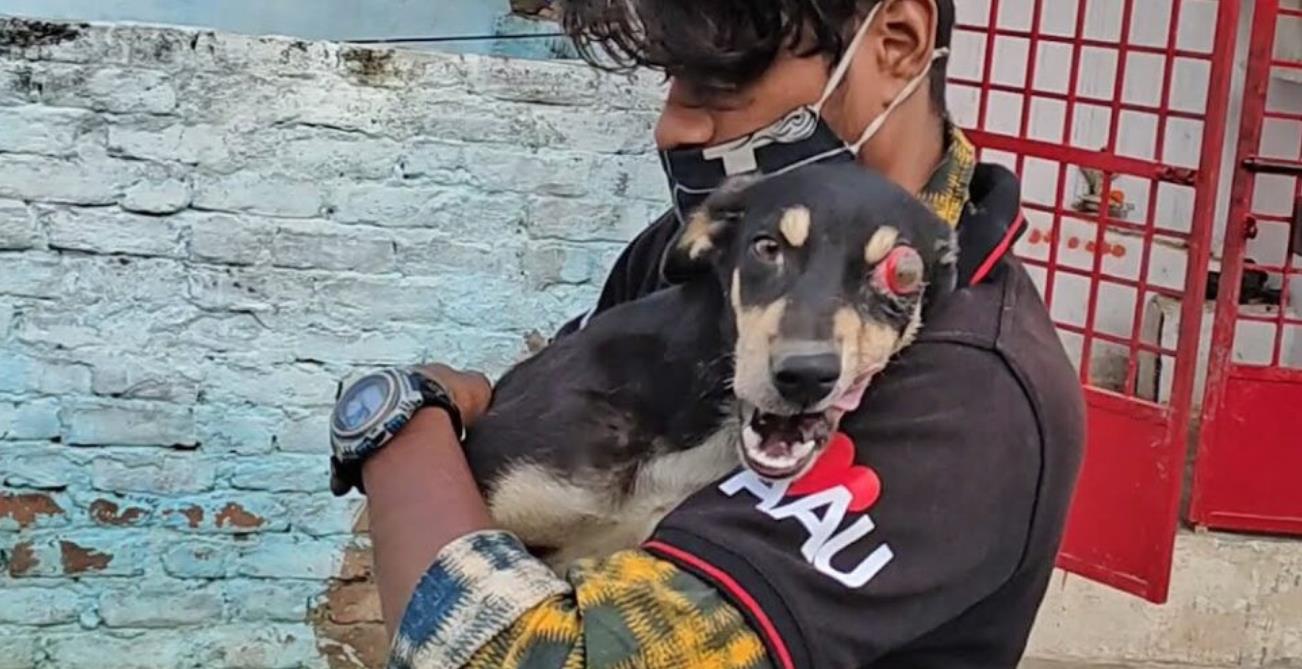Rescued Tiger Cub's Journey to Survival: Urgent Care and a Hopeful Story
Greek veterinarians are tirelessly working to save a three-month-old white tiger cub believed to be a victim of the illegal wildlife trade.
The cub was discovered on February 28, abandoned in a trash bin at an Athens zoo, sparking significant concerns about the trafficking of exotic animals.
Jean-Jacques Lesueur, the zoo's founder, expressed shock at the situation, noting that while abandoned pets like puppies and kittens have been found before, a tiger cub was entirely unexpected.

Security footage revealed a vehicle dropping off the cub before midnight, leading authorities to initiate an investigation to trace the license plate.

On March 15, the cub underwent a CT scan at a clinic in Athens. Found in a fragile and dehydrated condition near the Attica Zoological Park, the cub remains in critical condition.
Zoo veterinarian Noi Psaroudaki was deeply troubled by the cub's condition, stating, "When I first saw the cub, I couldn't believe what I was seeing before me. I honestly couldn't believe an animal was in such a state."
The cub was likely fed an improper diet, resulting in severe deficiencies in vitamins and minerals, leaving its bones extremely fragile. X-rays also revealed a metal pin in one of the cub's hind legs.

As of March 17, the cub is being cared for in the zoo's infirmary, which is monitored while it drinks and eats.
Despite the ongoing efforts, the zoo's founder, Jean-Jacques Lesueur, mentioned that if the cub survives, it must be relocated to a sanctuary since it lacks other animals.
Several international wildlife and animal welfare organizations have supported the zoo during this challenging time.

Andrea Cerny, the zoo's head keeper for cats, emphasized the challenges of caring for tigers, citing their size, dietary needs, and natural aggressiveness.
She stressed, "A tiger can never be a pet. It's an extremely dangerous animal with a strong hunting instinct. Most pet tigers end up abandoned or killed."
Europol says the European wildlife trade is a billion-euro industry, often involving exotic animals sourced from Asia and Africa and sold to European buyers.

Maria Ganoti, head of the Greek wildlife rescue association ANIMA, discussed the illicit entry of animals into Greece, including tigers.
She noted that it's common for tigers to enter the country, often passing through entry points like Turkey or Cyprus. Greece has increasingly become a transit hub for animals destined for other parts of Europe.
recommend
-
Loyal Dog Endured a Massive Tumor for 6 Years—Because His Owners Refused to Help

-
From Fragile to Faithful: Abandoned Hound's Journey to Hope and Healing Through Love

-
Heartwarming Rescue Saves Dog and Her Newborn Puppies Trapped in Mud

-
SPCA Appeals for Public Help After Injured Dog Lavender Is Found Abandoned in Philadelphia Park

-
Meet Sunny: The One-Eyed Pup Who Captured Hearts with His Unstoppable Joy

-
Broken but Brave: Senior Dog Defies the Odds, Finds Healing and a Future Full of Love
